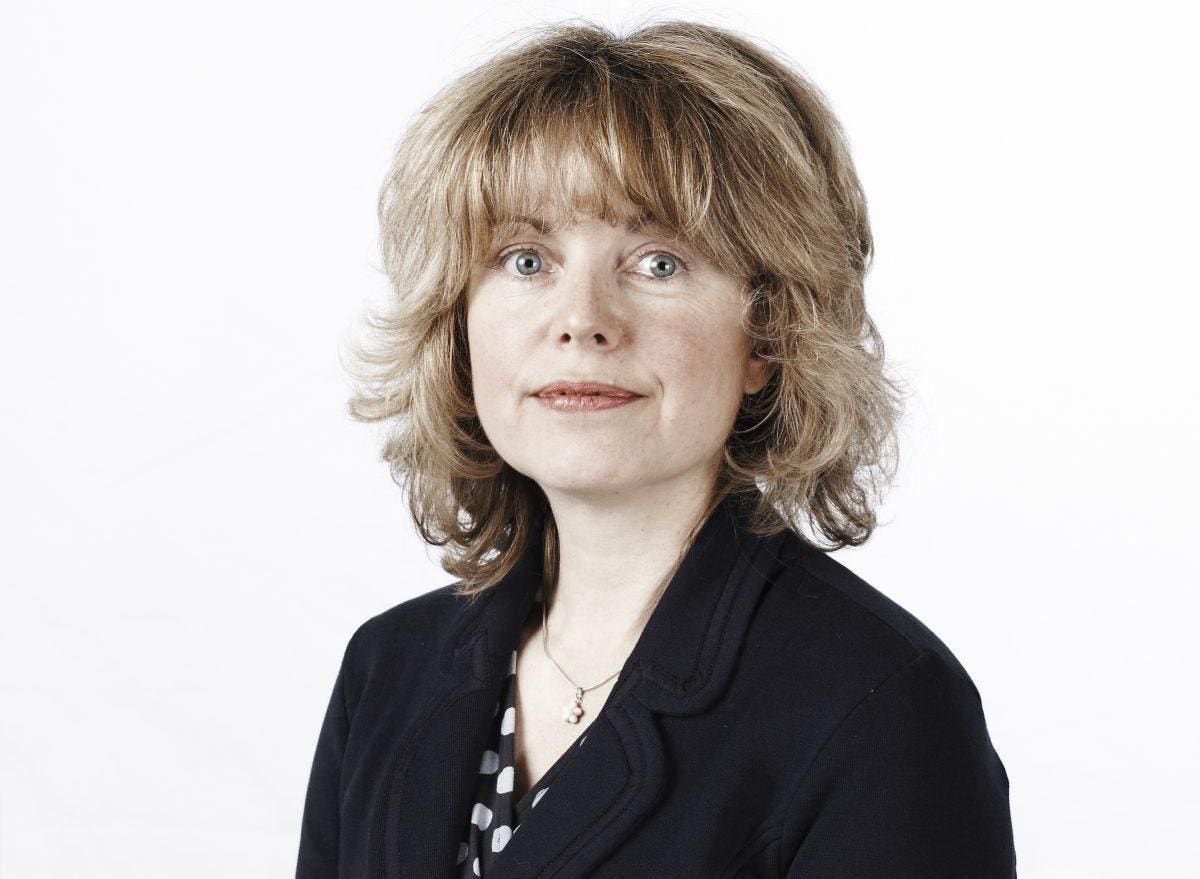I sat down with Lois Guthrie, the founding director of the Climate Disclosure Standards Board (CDSB), to discuss how the organization is positioned in the reporting space, and how the Task Force on Climate-related Financial Disclosures is changing climate disclosure.
Professor Bob Eccles: What would you say have been the major accomplishments of the CDSB to date?
Guthrie: I would say that one of our biggest achievements has been our success in working in collaboration with others. We were set up as a consortium, and as rule, we always act in concert with others. The reports we have recently produced with organizations and institutions including the OECD, the ACCA, and the University of Oxford are evidence of that.
Eccles: How would you describe the relationship between the CDP and CDSP?
Guthrie: CDP hosts the secretariat for the Climate Disclosures Standard Board, and is a UK registered charity that is a platform for environmental disclosure. The CDSB is a consortium of eight organizations, including CDP; the Climate Group, the Climate Registry, the International Emissions Trading Association, the World Resources Institute, the World Business Council for Sustainable Development, and the World Economic Forum. As a quasi-standards setter, CDSB is an independent consortium run by those eight members, with CDP providing the secretariat.
Eccles: What is the most important contribution from the Task Force on Climate-related Financial Disclosures?
Guthrie: The most important thing that the Task Force (TCFD) brings is authority. Lots of what the Task Force is proposing is aligned with reporting requirements that are already in the public domain, and the recommendations do a very good job of signaling that alignment through various tables and analyses in the report.
But, whereas the various organizations that have produced those requirements have had some effect, individually and together, with the weight of the Financial Stability Board [the institution that regulates the Task Force] behind those recommendations, they will have a great deal more authority in the marketplace. That is the main contribution – authority.
Eccles: How were you involved in the work of the Task Force?
Guthrie: CDSB and all the other NGOs in this space were not formally involved in the work of the Task Force. Their work is specifically designed to be market-led, which means that businesses and Task Force members drove the process themselves. However, we were involved from time to time on certain issues.
Eccles: Will this change the work and priorities of the CDSB in any way?
Guthrie: There is no doubt that the recommendations will have a big impact on our work and the whole reporting space. The Task Force itself acknowledges in the Recommendations report that there are some “areas of further work”. One of these is the harmonization of the different regimes, an agenda that we have been working on for many years now.
Back in 2011, for example, we produced a report with the OECD, “Consistency in Climate Change Reporting,” where we pointed out the need for greater consistency within the climate change reporting space, including regulations.
Eccles: From a geographical perspective, what do you think are the greatest challenges in harmonization?
Guthrie: On the leverage side, the big opportunity for quick harmonization is through evidence. CDSB has been supporting the World Business Council for Sustainable Development, together with Ecodesk, to launch a knowledge platform on sustainability reporting called The Reporting Exchange.
The platform records all kinds of national and international voluntary and mandatory provisions on reporting and management approaches (including on climate change), which directly and indirectly affect how companies prepare sustainability information in their company reports.
From that evidence, we can see that a lot of the content that companies are being asked to produce by different institutions or regulators is actually very similar. Once we have this solid evidence base to identify where the same content is asked for, in different countries, by different organizations, we can say we are making progress towards harmonization.
But part of the challenge is that the coordination activity lacks an institutional home. What we see from the Reporting Exchange work is that the ownership of sustainability and climate change matters is really fragmented. As there is a fragmented approach to mechanisms for encouraging sustainability, and so many different institutions are involved in the development of climate change and sustainability reporting, the absence of an institutional home for this issue is a challenge.
Eccles: How important is harmonization?
Guthrie: It is very important. As we see in chapter E of the TCFD’s Recommendations report, there are several regimes asking for the same type of information, sending a confusing message to reporters. But also, how can recipients of the information – investors, lenders and other stakeholders – take investment decisions without a consistent set of disclosures?
SUBSCRIBE TO OUR NEWSLETTER
Subscribe our newsletter to receive the latest news, articles and exclusive podcasts every week


